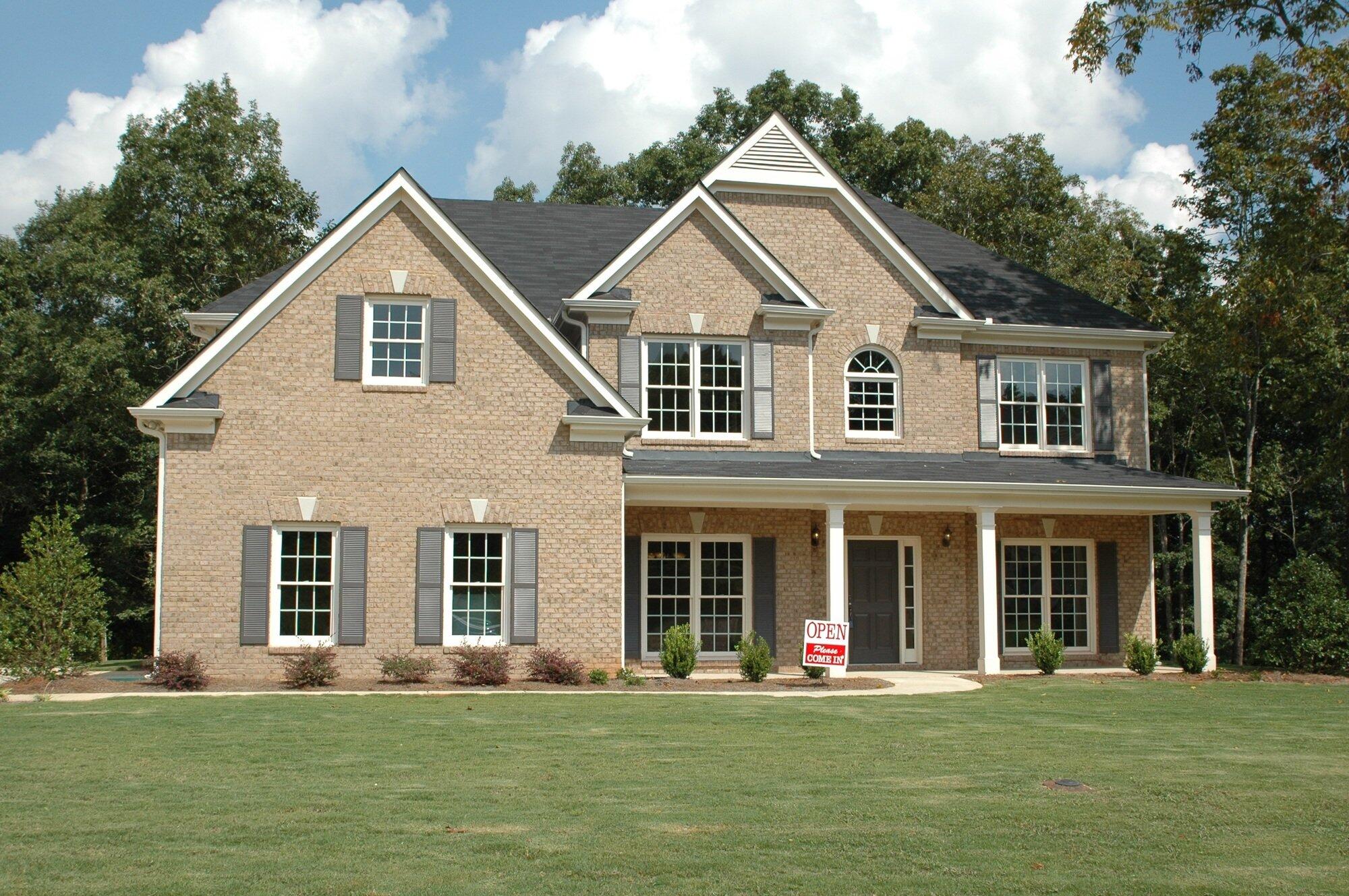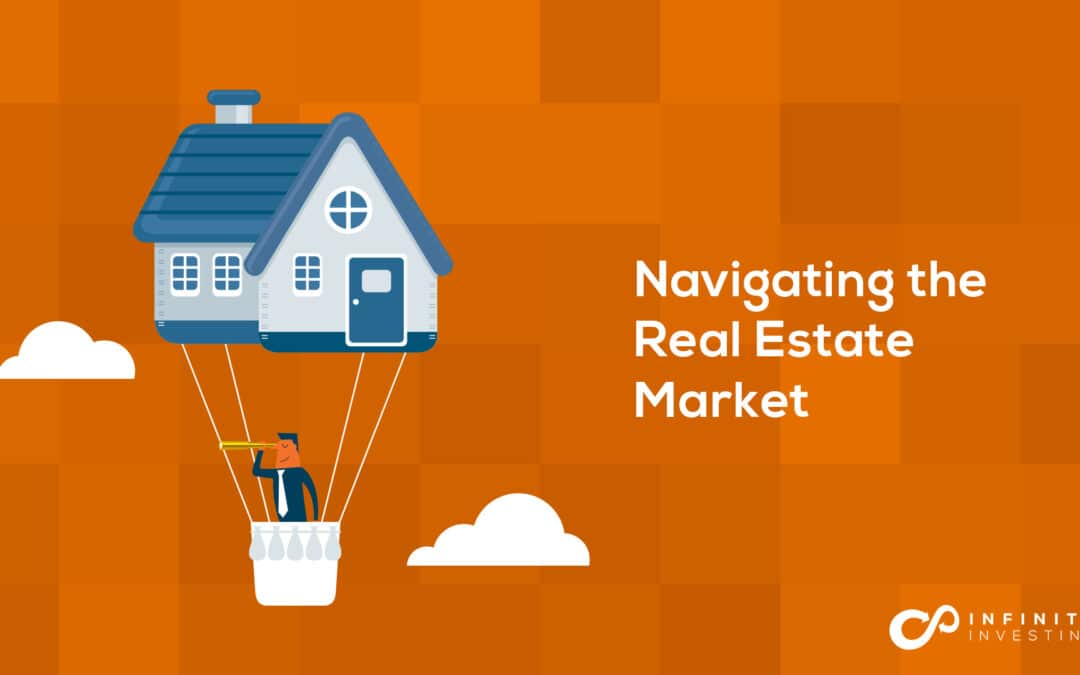Navigating the Local Real Estate Market: A Guide to Finding Your Dream Home
Related Articles: Navigating the Local Real Estate Market: A Guide to Finding Your Dream Home
Introduction
With enthusiasm, let’s navigate through the intriguing topic related to Navigating the Local Real Estate Market: A Guide to Finding Your Dream Home. Let’s weave interesting information and offer fresh perspectives to the readers.
Table of Content
Navigating the Local Real Estate Market: A Guide to Finding Your Dream Home

The prospect of buying a home is an exciting one, filled with dreams of creating a personal haven. However, the journey to finding the perfect property can be daunting, especially when navigating the complexities of the local real estate market. This article aims to provide a comprehensive guide to understanding the nuances of homes available in your immediate vicinity, empowering you to make informed decisions and ultimately find the dwelling that aligns with your needs and aspirations.
Understanding the Local Market Dynamics:
The first step in your home search is to gain a thorough understanding of the local real estate market. This entails analyzing factors that influence property values and availability, including:
- Inventory Levels: The number of homes currently listed for sale in your area directly impacts competition and pricing. A high inventory indicates a buyer’s market, offering more options and potentially lower prices. Conversely, a low inventory signifies a seller’s market, with limited choices and potentially higher prices.
- Average Home Prices: Understanding the average sale prices of homes in your desired neighborhood provides a benchmark for realistic expectations. Researching recent sales data and consulting with local real estate agents can offer valuable insights into market trends and pricing fluctuations.
- Interest Rates: Mortgage interest rates play a crucial role in affordability. Fluctuating rates can impact your monthly payments, making it essential to stay informed about current trends and their potential influence on your budget.
- Local Amenities and Infrastructure: The availability of schools, parks, public transportation, and other amenities can significantly impact the desirability and value of a neighborhood. Consider your lifestyle and priorities when assessing the desirability of different areas.
- Economic Growth and Development: Local economic conditions can influence property values. Areas experiencing robust economic growth often see higher demand for housing, leading to increased prices. Conversely, areas with stagnant economies may experience slower growth or even price declines.
Identifying Your Needs and Priorities:
Once you have a grasp of the local market, it’s crucial to define your own needs and priorities to narrow down your search. This involves considering:
- Budget: Establish a clear budget that accounts for not only the purchase price but also closing costs, potential renovations, and ongoing expenses like property taxes and insurance.
- Lifestyle: Consider your lifestyle and how it aligns with the amenities and lifestyle offered by different neighborhoods. Do you prioritize proximity to work, access to public transportation, or a quiet suburban setting?
- Space Requirements: Determine the size and layout of the home that best suits your needs. Are you looking for a spacious family home, a cozy starter apartment, or something in between?
- Desired Features: Identify specific features that are essential to you, such as a backyard, a garage, or a specific number of bedrooms and bathrooms.
- Property Type: Consider the type of property that best aligns with your needs and budget. Do you prefer a single-family home, a townhouse, a condominium, or a rental property?
Utilizing Resources and Tools:
Numerous resources and tools can assist you in your home search, including:
- Real Estate Websites: Websites like Zillow, Redfin, and Realtor.com offer comprehensive listings, property details, and market data.
- Real Estate Agents: A knowledgeable real estate agent can provide expert guidance, navigate the complexities of the market, and represent your interests during negotiations.
- Open Houses: Attending open houses allows you to physically experience properties, assess their condition, and gain a better understanding of the neighborhood.
- Virtual Tours: Many listings offer virtual tours that provide a 360-degree view of the property, allowing you to explore from the comfort of your home.
- Community Forums: Online forums and local community groups can provide valuable insights from residents, including their experiences with specific neighborhoods and local amenities.
Navigating the Home Buying Process:
Once you have identified potential properties, the home buying process involves several key steps:
- Pre-Approval: Obtaining a pre-approval for a mortgage from a lender demonstrates your financial readiness and strengthens your negotiating position.
- Negotiations: Your real estate agent will negotiate the purchase price and other terms of the sale on your behalf.
- Home Inspection: A professional home inspection is essential to identify any potential issues with the property before closing.
- Closing: The closing process involves signing legal documents, transferring ownership, and finalizing the financing arrangements.
FAQs about Homes for Sale Near You:
Q: What is the current market trend for homes for sale in my area?
A: To understand the current market trend, consult real estate websites, local agents, and recent sales data. Analyzing factors like average sale prices, inventory levels, and market activity will provide insights into the buyer or seller’s market dynamic.
Q: How much should I offer for a home?
A: Your real estate agent can guide you on offering a competitive price based on market data, recent sales, and the condition of the property. Consider factors like the home’s features, location, and the overall market dynamics.
Q: What are the closing costs associated with buying a home?
A: Closing costs typically range from 2% to 5% of the purchase price and include various fees like loan origination fees, title insurance, and property taxes.
Q: How long does it take to buy a home?
A: The home buying process can take anywhere from a few weeks to several months, depending on factors like market conditions, financing arrangements, and the complexity of the transaction.
Q: What are some tips for finding the right home for me?
A:
- Define your needs and priorities: Clearly articulate your lifestyle, budget, and desired features to narrow your search.
- Be patient and persistent: The process can take time, so be patient and persistent in your search.
- Don’t be afraid to ask questions: Don’t hesitate to ask your real estate agent, lender, or other professionals any questions you have.
- Trust your instincts: If something feels off, don’t be afraid to walk away from a property.
Conclusion:
Finding the right home is a significant milestone in life, requiring careful consideration, research, and a strategic approach. By understanding the local market dynamics, identifying your priorities, and utilizing available resources, you can navigate the home buying process with confidence and ultimately find the perfect dwelling that aligns with your aspirations and brings you joy for years to come. Remember, seeking professional guidance from a real estate agent can be invaluable in maximizing your chances of success in this exciting and rewarding journey.







Closure
Thus, we hope this article has provided valuable insights into Navigating the Local Real Estate Market: A Guide to Finding Your Dream Home. We thank you for taking the time to read this article. See you in our next article!
